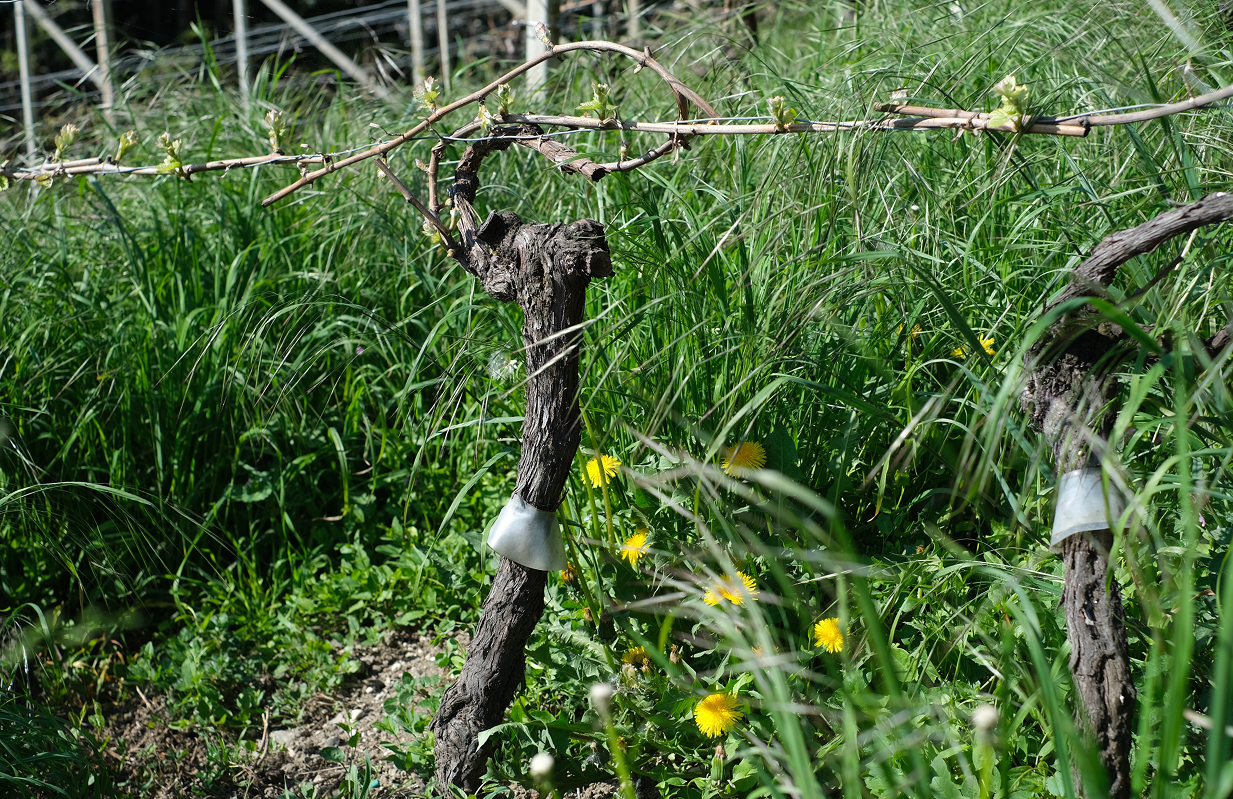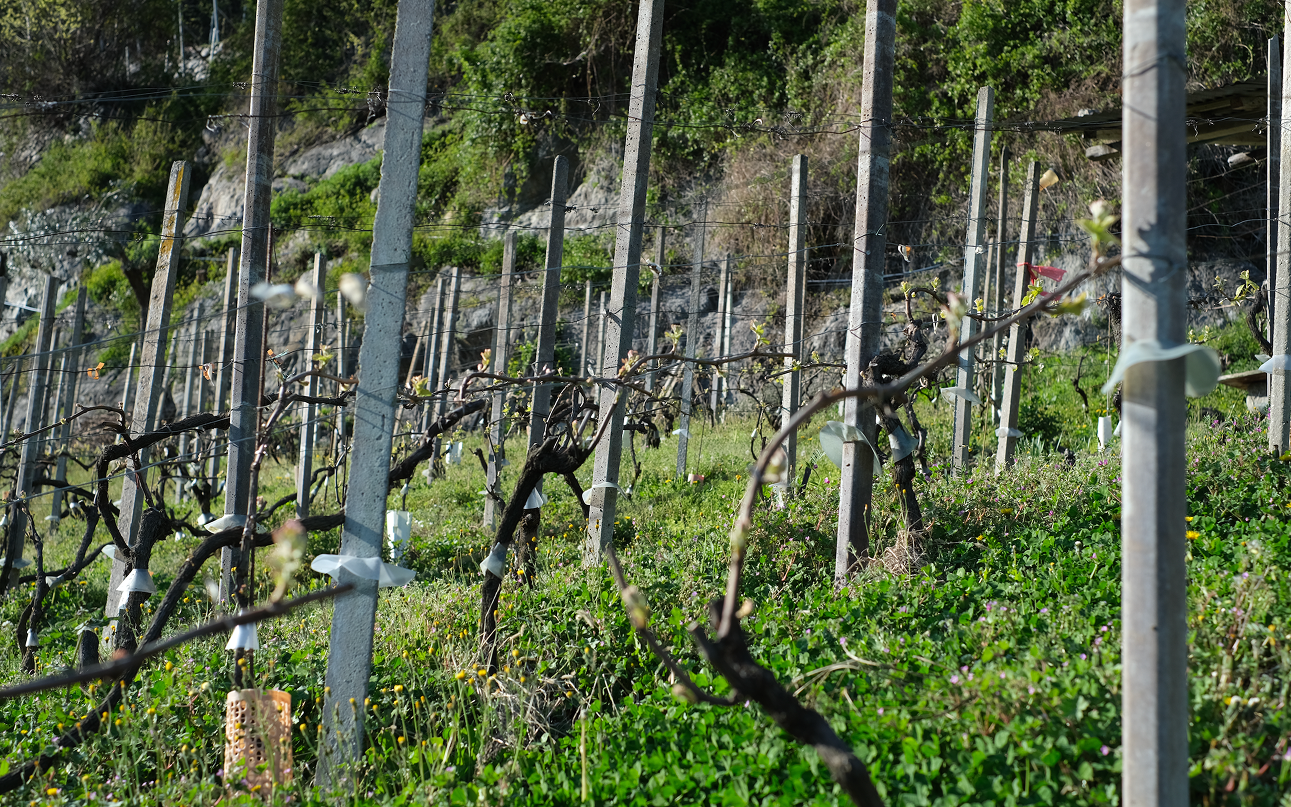Complex situations
Complexity is fascinating because you can’t quite wrangle it. You can get a handle on it, but the moment you think you’ve pinned it down, grasping tightly, the situation wiggles free. The complex domain is a place of oblique strategy: better to act indirectly — hold on to ambiguity, test what feels tractable, monitor what matters, see where the energy flows, and natural change will emerge — before investing all your effort.
Dave Snowden and Cynefin Co. use the metaphor of an estuary, the brackish zone where a river flows into the ocean, to describe the nature of a complex adaptive system. As the river flows, the tides come in and out, sands and land shift, plants and animals and people interact. You can see what is in flux, you can intervene and change things, but you will never be able to predict with certainty the results of those actions. There are so many connections between all of the various elements, some unknown and unknowable, that we cannot model cause and effect. The Estuarine framework is, fittingly, the name of their method for mapping what can actually be managed in a complex situation and deciding how to invest in action and monitor the results.
A Vineyard Metaphor
I’m not well-versed in estuaries, so I’m playing with the vineyard as my own metaphor to explain the nature of a complex adaptive system.
And first an anti-view: we can’t work like mechanics. The organization — and its products, its teams, and their projects — are not a static machine we can turn off and turn on again to troubleshoot. There is no tank for insight fluid to refill if things aren’t moving well. There is no “check engine” light to tell us when problems arise. There is a leadership team trying to make decisions under pressure, with limited and indirect access to context, motivated by a strong desire to reduce risk and retain their jobs. Many people, in many places, with different layers intent and levels of investment are continually creating and consuming whatever it is the organization offers. Even our core platforms, technically engineered infrastructures, are deeply intertwined with living ecosystems of components, languages, and libraries that continue to change and grow.
The organization is a complex adaptive system: it should be managed in the same way a winegrower works the vineyard. We want vines in good health (people and teams) that produce the best quality fruit (product and service offerings). The grower gets quality fruit through a portfolio of indirect actions: working toward a stable and healthy soil, providing support structures for new growth, pruning carefully to respect the flow of sap, treating the plants when conditions are difficult, thinning leaves where the vine will over-produce, protecting fruit from over-exposure, and harvesting when the time is right. It is not a short-sighted cycle: this year's vine management impacts and constrains next year's growth.
Some kinds of situations are predictable, if not preventable: hail, drought, and more recently, even fire. Other problems arise from the natural change and evolution of the larger landscape and are unpredictable until after the fact.
In Valtellina, as the winters are increasingly warm year over year, vineyard beetles that were normally killed by the cold now remain alive underground. They emerge in the spring, at night, just as the tender buds and leaves and shoots of the grapevine do. They crawl up the vines, eating their fill and destroying the harvest.
This kind of emergence is a hallmark of complex adaptive systems. The beetles were always there, but only with the mild winter do they become a problem. Monitoring is crucial: you have to notice that buds are being chewed up and may not produce anything before you can explore the options to address it. The team at ARPEPE, a renowned producer in Valtellina, saw the problem and, like many other producers, explored a number of ways to save the crop.

What started to work seems obvious in hindsight. It's a simple solution — a physical barrier on the grapevine to prevent the beetles from crawling up. And not just on the vine; it must also be placed on the posts that hold the wires each vine is trained to, or beetles crawl up the posts, across the wires, and find their way to a meal. It's a low-cost and low-energy solution, each lasting for a few years before it must be replaced. And it's now a basic fixture of viticulture in the area.

Managing vines is backed by centuries of practice and theory in planting, training, pruning, treating, and picking. Working the vineyard well is an empirical and context-specific activity. The beetles in Valtellina aren't a problem in Portugal's Dão or Vinho Verde. So long as the grower cares for the health of their vines and the quality of their fruit, the work cannot be approached mechanistically. It must be carried out according to local conditions — with attention, curiosity, and a responsiveness to whatever will emerge.
Other things of note
- The children’s party is one of Snowden’s great stories describing different approaches to managing a situation, setting the complex systems approach as a middle way between the rigid dichotomy of order versus chaos.
- Last week was the first week of my writing sabbatical; five remain. I set out with a goal of 1500 words per weekday for my project, and now I have 5,300 words, roughly sequential, in place. Near the end of this week or early next I expect a small boost: I have another 16,000 unpublished words sitting in a pile off to the side. They are stones to be shaped and mortared into the wall when I reach the places they might fit. I expect that 30-40% of them will be ultimately useful.


![Vineyard and Complexity [LC29]](/content/images/size/w100/2025/08/marco-vines-1.png)
![Three Problem Attributes [LC32]](/content/images/size/w100/2026/02/product-problem-ternary-focus--1-.png)
![Seeding a Product Framework [LC31]](/content/images/size/w100/2025/12/full-framework-thumb--1--1.png)
![Maintenance Required [LC30]](/content/images/size/w100/2025/09/Screenshot-2025-09-01-at-17.23.00-1.png)